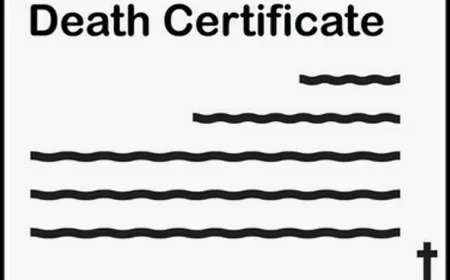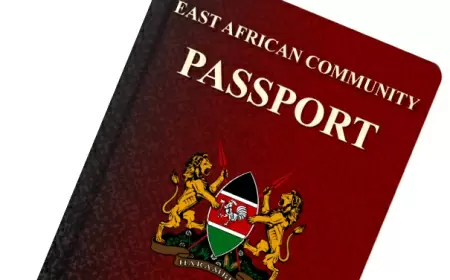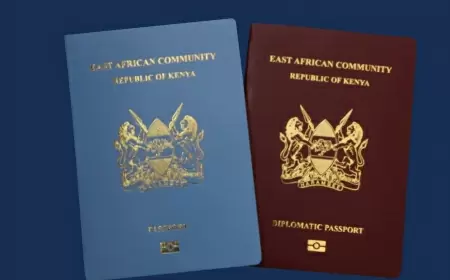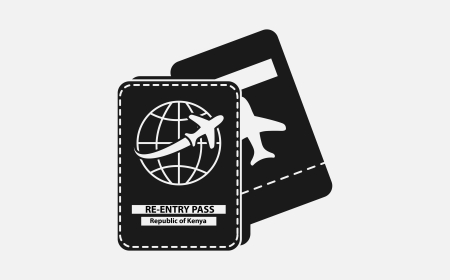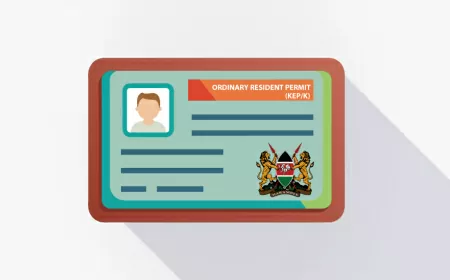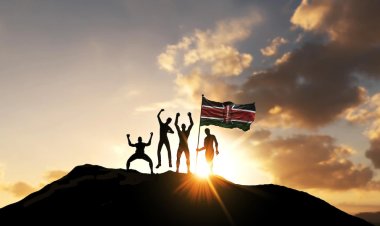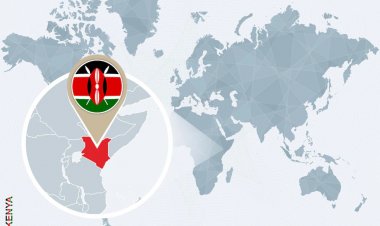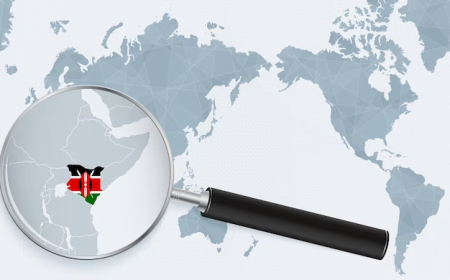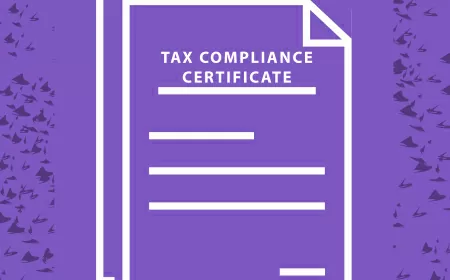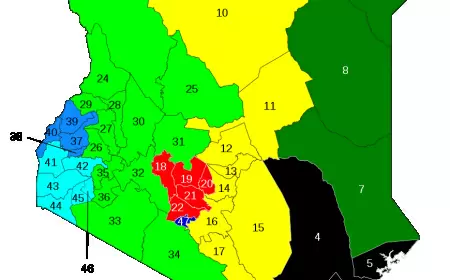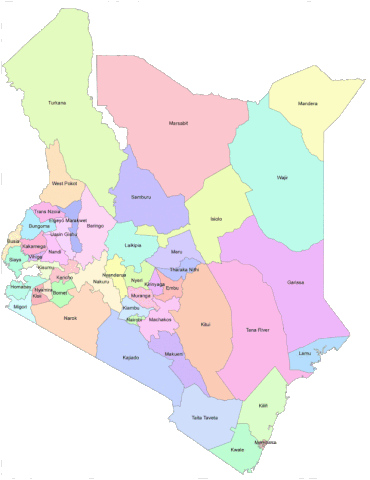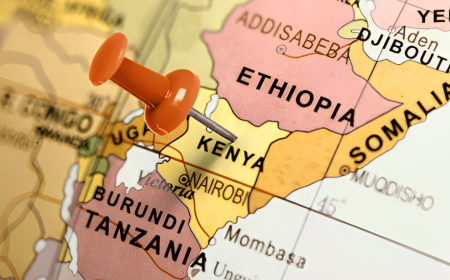Human Resource Management
Discover the fundamentals of human resource management in Kenya. Learn about recruitment, employee contract termination, compensation, legislation, policies, and more to effectively manage your workforce and drive organizational success.
1. Employment Rights and Benefits
The Employment Act 2007 establishes fundamental minimum conditions for employment contracts in Kenya. These conditions include:
- Annual Leave: Fixed-term and permanent employees are entitled to a minimum of 21 working days of paid leave per year.
- Weekly Rest: Employees are guaranteed at least one rest day in every seven-day period.
- Leave Pay on Termination: For employment terminations after two or more months of service, employees receive payment for one and three quarters days of leave for each completed month of service.
- Maternity Leave: Female employees are entitled to three months of fully paid maternity leave, which is provided in lieu of annual leave.
- Paternity Leave: Male employees are granted two weeks of fully paid paternity leave.
- Sick Leave: Employees are entitled to at least 7 days of fully paid sick leave, followed by 7 days at half-pay annually. This may vary by industry.
- Housing Benefit: Employers must provide either housing or a house allowance.
- Overtime Compensation: Overtime payments are stipulated for certain industries under Cap 229.
- Severance Pay: In cases of redundancy, employees are entitled to severance pay.
- Workplace Safety: Employers are required to maintain safe working conditions.
These provisions aim to protect employee rights and ensure fair working conditions across various sectors in Kenya.
2. Hiring, Layoffs and Firing
The Employment Act of 2007 stipulates that employment termination can occur through various methods, each with specific requirements and implications:
1. Termination by Notice
- Requires mutually agreed notice period.
- Minimum one month notice for monthly employment.
- Payment in lieu of notice if no notice given.
- Employees entitled to earned moneys, allowances, and benefits.
- Certificates of Service provided upon request.
- Not applicable to casual workers.
2. Dismissal and Sacking
- Results from employment-related misconduct.
- Can occur after warnings or immediately for gross misconduct.
- Written warnings should be documented.
- Summary dismissal for serious offenses like absenteeism, crime, intoxication, or disobedience.
- Dismissed employees entitled to earned moneys, allowances, and benefits.
- Certificates of Service should be provided.
- Employer must report dismissal to district labor office.
3. Redundancy
- Occurs when employees cannot be utilized, often during economic downturns
- Must follow legal procedures
- Labor office should be notified
Employees entitled to:
- Severance pay (15 days per year worked)
- One month's wages in lieu of notice
- Accrued leave payments
- All other due benefits
Read More : Terminating Employment
3. The Legislations Governing Employment in Kenya
Kenya has implemented several key pieces of labour legislation to govern employment practices and protect workers' rights. Some of the key legislations include;
- The Employment Act (2007) and Regulation of Wages and Conditions of Employment Act (2007): Cover wages, leave, rest, health and safety, protections for children and women, and employment termination.
- The Labour Relations Act (2007) : Outlines law relating to trade unions and trade disputes, to provide for the registration, regulation, management and democratisation of trade unions and employers organisations or federations, to promote sound labour relations through the protection and promotion of freedom of association, the encouragement of effective collective bargaining and promotion of orderly and expeditious dispute settlement, conducive to social justice and economic development and for connected purposes.
- The Work Injury Benefits Act (2007): Outlines compensation procedures for work-related injuries and diseases contracted in the course of their employment and for connected purposes.
- The Occupational Safety And Health Act (2007) :Covers the safety, health and welfare of workers and all persons lawfully present at workplaces, to provide for the establishment of the National Council for Occupational Safety and Health and for connected purposes.
- The Labour Relations Act, 2007 : This act outlines laws governing trade unions and disputes. It provides for the registration, regulation, management, and democratization of unions and employers' organizations. The law promotes sound labor relations by protecting and encouraging collective bargaining and dispute settlement. These measures support social justice and economic development.
4. Human Resource Policies Required by Law
In Kenya, specific human resource policies are mandated by law for employers. These requirements vary based on the number of employees:
- Disciplinary Policy: Mandatory for employers with more than 50 employees.
- Sexual Harassment Policy: Required for employers with more than 20 employees.
- Safety and Health Policy: All employers must have this policy in compliance with the Occupational and Health Safety Act,2007.
Additionally, the Labour Institutions Act provides for orders that outline minimum entitlements and employment conditions for specific job categories. These orders apply to particular classes of employees, such as:
- Security guards
- Agricultural workers
- Pump attendants
Employers must adhere to these minimum standards when engaging employees in these specific job categories. These regulations ensure fair treatment and protection of workers' rights across various sectors of employment in Kenya.
Was this information helpful ?








